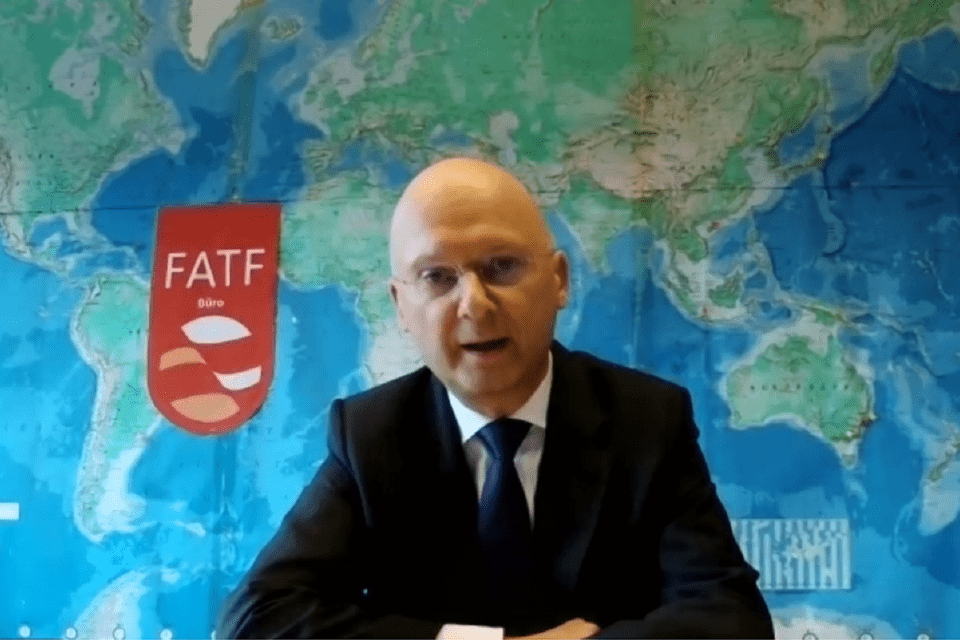
The government quoted the FATF saying the following: “At its February 2022 Plenary, the FATF made the initial determination that Malta has substantially completed its action plan and warrants an on-site visit.”
As quotes go it felt short, so I looked up the FATF’s progress report on Malta. This is the text in full:
In June 2021, Malta made a high-level political commitment to work with the FATF and MONEYVAL to strengthen the effectiveness of its AML/CFT regime. At its February 2022 Plenary, the FATF made the initial determination that Malta has substantially completed its action plan and warrants an on-site visit to verify that the implementation of Malta’s AML/CFT reforms has begun and is being sustained, and that the necessary political commitment remains in place to sustain implementation and improvement in the future. Malta has made the following key reforms: (1) continuing to demonstrate that beneficial ownership information is accurate and that, where appropriate, effective, proportionate, and dissuasive sanctions, commensurate with the ML/TF risks, are applied to legal persons if information provided is found to be inaccurate; and ensuring that effective, proportionate, and dissuasive sanctions are applied to gatekeepers when they do not comply with their obligations to obtain accurate and up-to-date beneficial ownership information; (2) enhancing the use of the FIU’s financial intelligence to support authorities pursuing criminal tax and related money laundering cases, including by clarifying the roles and responsibilities of the Commissioner for Revenue and the FIU; and (3) increasing the focus of the FIU’s analysis on these types of offences, to produce intelligence that helps Maltese law enforcement detect and investigate cases in line with Malta’s identified ML risks related to tax evasion. The FATF will continue to monitor the COVID-19 situation and conduct an on-site visit at the earliest possible date.
To put the matter in further context the same plenary recognised Zimbabwe’s significant progress in improving its anti-money laundering regime and the FATF has relieved that country from increased monitoring.
The same plenary also noted how on-site visits to Syria and Yemen proved difficult because of the wars going on there.
I’m sorry if this is pedantic. There will be a point to this if you bear with me.
The plenary report notes that Albania, Barbados, Burkina Faso, Jamaica, Jordan, Mali, Morocco, Myanmar, Nicaragua, Pakistan, Panama, the Philippines, Senegal, South Sudan, Turkey, and the UAE “have taken steps towards improving its anti-money laundering regime.”
The Cayman Islands, Haiti, and Uganda “should continue to work on implementing its action plan”
Cambodia is being solicited “to take urgent action to fully address remaining measures in its action plan as all timelines have already expired”.
I listed all these because a proper evaluation of the situation requires all information.
Among the grey and blacklisted countries Malta is not at the bottom of the class. It’s not at the top either. We’re not as shit as Cambodia but we’re not as good as Zimbabwe. Very few countries are ranked less compliant than we are. And the many who are approximately in the same boat (Albania, Barbados, and so on) are not obvious financial investment destinations. Someone somewhere still hopes Malta would be.
The operational tasks we were given may have been implemented and the FATF could check those things remotely. What more will an on-site visit tell the FATF?
I’m going to make a short list:
- It will find Malta has a prime minister who personally, repeatedly failed as a gatekeeper to comply with his obligation to obtain accurate and up-to-date beneficial ownership information.
- It will find Malta has a prime minister rejected a bill in Parliament that would have empowered the courts to chase and capture unexplained wealth, because he has unexplained wealth.
- It will find that Malta has not yet charged any of the owners and directors of Pilatus Bank even after the authorities have charged the Bank itself with systemic money-laundering.
- It will find that no prosecutions have started after the 2016 Panama Papers revelations involving politically exposed persons in Malta.
- It will find that to the extent that there are any, prosecutions of cases of money-laundering are flimsy, ill-equipped, and quite frankly, unlikely to result in any convictions whatsoever.
I can understand why the government wants us to get excited with the FATF saying they’ll book a flight to get here “at the earliest possible date” and that date is likely to be sooner than they would be able to make it to Damascus or Sana’a. But I wouldn’t take out the cigars just yet.